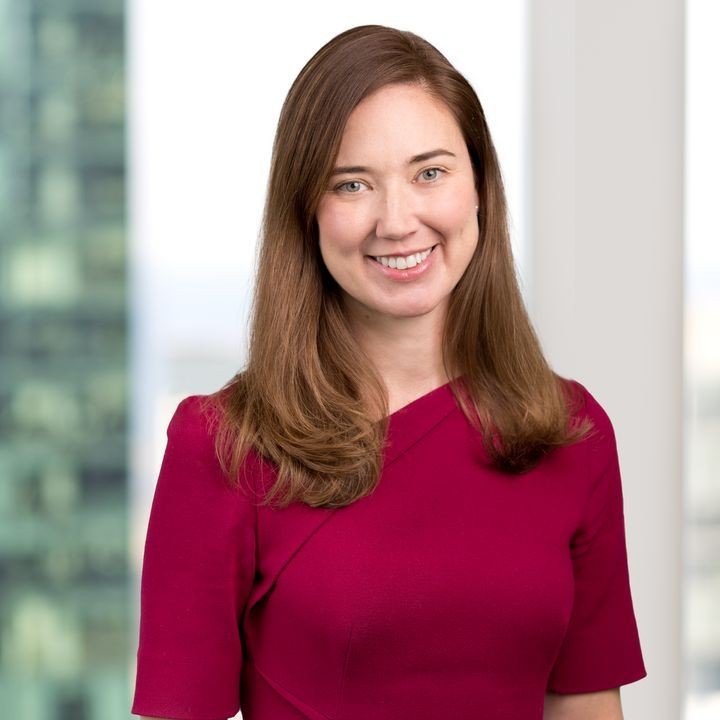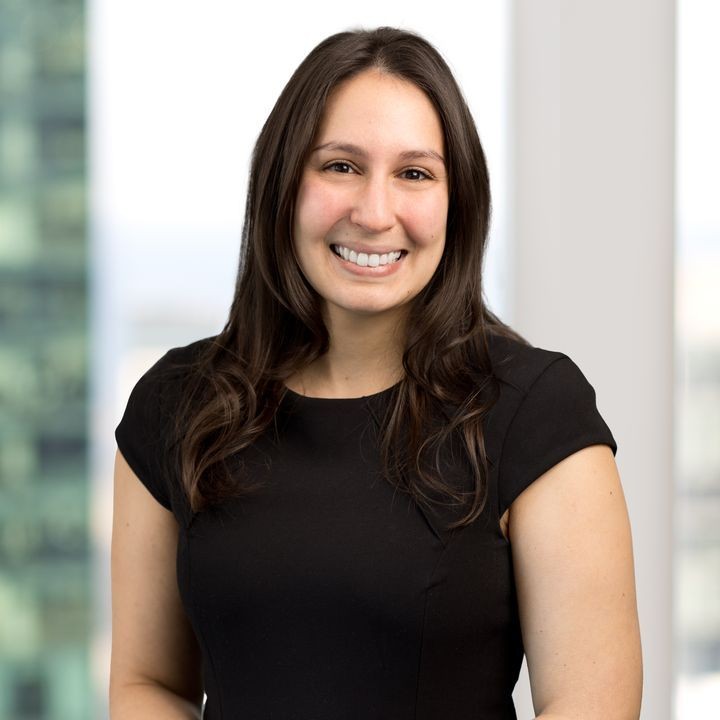Governor Signs Legislation Increasing New York Department of Health Scrutiny Over Nursing Home Sales and Other Transactions
Client Alert | 2 min read | 01.10.20
On December 16, 2019, Governor Cuomo signed into law legislation amending the New York Public Health Law to add a new section (§2803-x) imposing significant reporting obligations on nursing home operators and increasing New York State Department of Health (DOH) oversight over various transactions involving nursing homes.
Effective April 14, 2020, nursing home operators in New York will be required to disclose to DOH any “common or familial ownership” between the operator or facility and any entity or individual that provides services to the operator or the facility, and to attest to the accuracy of such disclosures on an annual basis. In addition, the operator of a nursing home will be prohibited from guaranteeing the debt or other obligation of any third party who has not received establishment approval from DOH.
Perhaps most significantly from a transactional perspective, effective April 14, 2020 nursing home operators will be required to provide DOH with 90 days’ notice prior to executing a letter of intent or other contractual agreement relating to any sale, mortgage or encumbrance of the real property of the facility. In addition, new §2803-x includes a “clawback” provision – in the event of a sale of a facility resulting in a change in use that is “not a health care purpose,” the operator will be required to remit to DOH an amount equivalent to the undepreciated value of capital assets for which the operator has been funded or reimbursed through Medicaid rate adjustments or otherwise funded or reimbursed from State sources for purposes of improvement or transformation. Both provisions could have significant implications for transactions involving nursing homes at a time when the State is also proposing substantial cuts to Medicaid payments to such facilities (by 1% in 2020) as part of the effort to address a multi-billion dollar budget gap, clearly increasing the financial challenges facing the operators of such facilities.
The language of PHL §2803-x also raises many questions for operators, such as what is “common or familial ownership” in the context of a service provider, how and at what point an operator must disclose a potential real estate transaction before even a letter of intent is signed, and how the repayment obligation would be calculated in the event of a change of use of a facility. The industry will be looking to guidance from DOH on these and other issues, and operators are encouraged to confer with legal counsel to ensure compliance with the new requirements of the law.
Insights
Client Alert | 6 min read | 04.16.24
Navigating the AI Intellectual Property Maze - Key Points From Congressional Hearing
On April 10, 2024, the U.S. House of Representatives, Judiciary Committee Subcommittee on Intellectual Property convened Part III to an ongoing discussion and exploration of artificial intelligence (AI) and intellectual property (IP) rights. The session, “Artificial Intelligence and Intellectual Property: Part III - IP Protection for AI-Assisted Inventions and Creative Works,” delved into the nuanced debate over what IP protections should exist for AI-generated or AI-assisted works.
Client Alert | 5 min read | 04.15.24
Making the EU Courts More Efficient for Trade-Related Decisions
Client Alert | 1 min read | 04.15.24
New FAR Part 40 to Address Supply Chain and Information Security Requirements
Client Alert | 1 min read | 04.11.24
U.S. Chamber Submits Comments on the FAR Council’s Proposed Rule Regarding Pay Transparency





